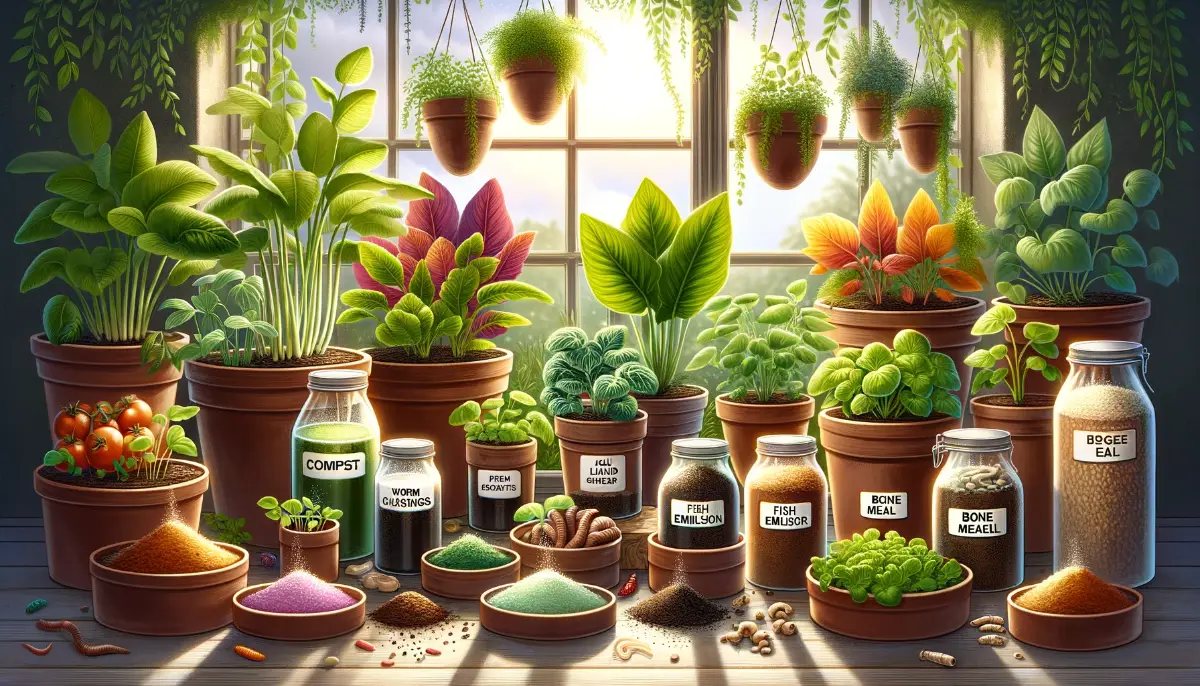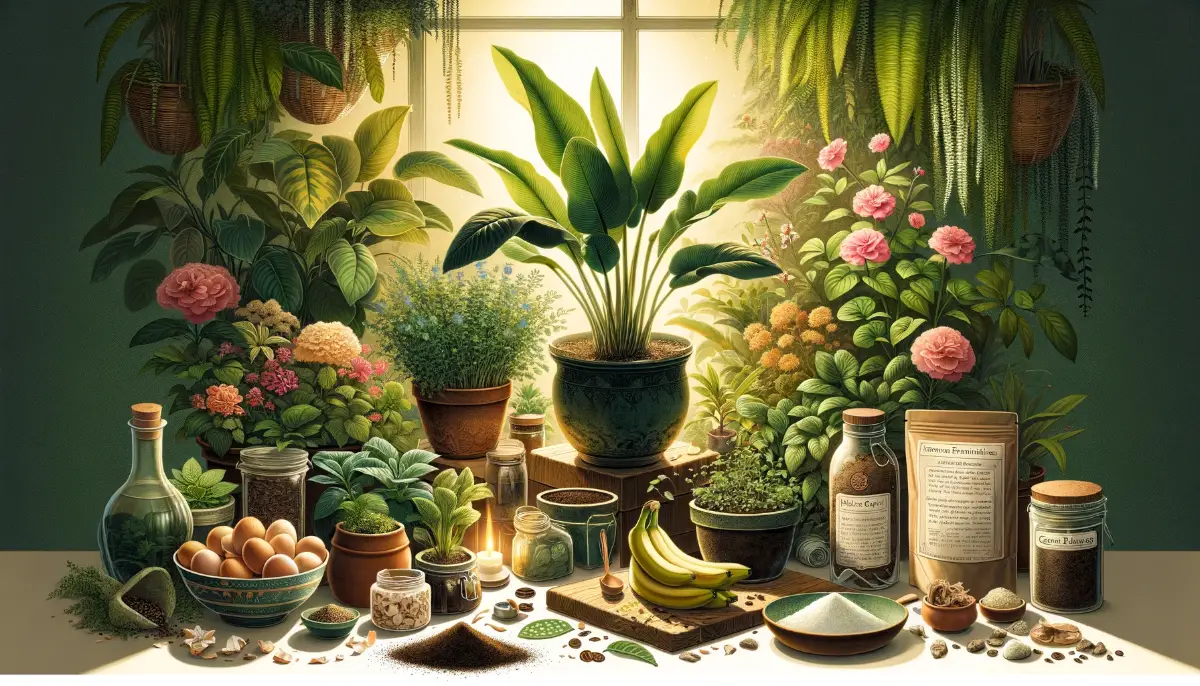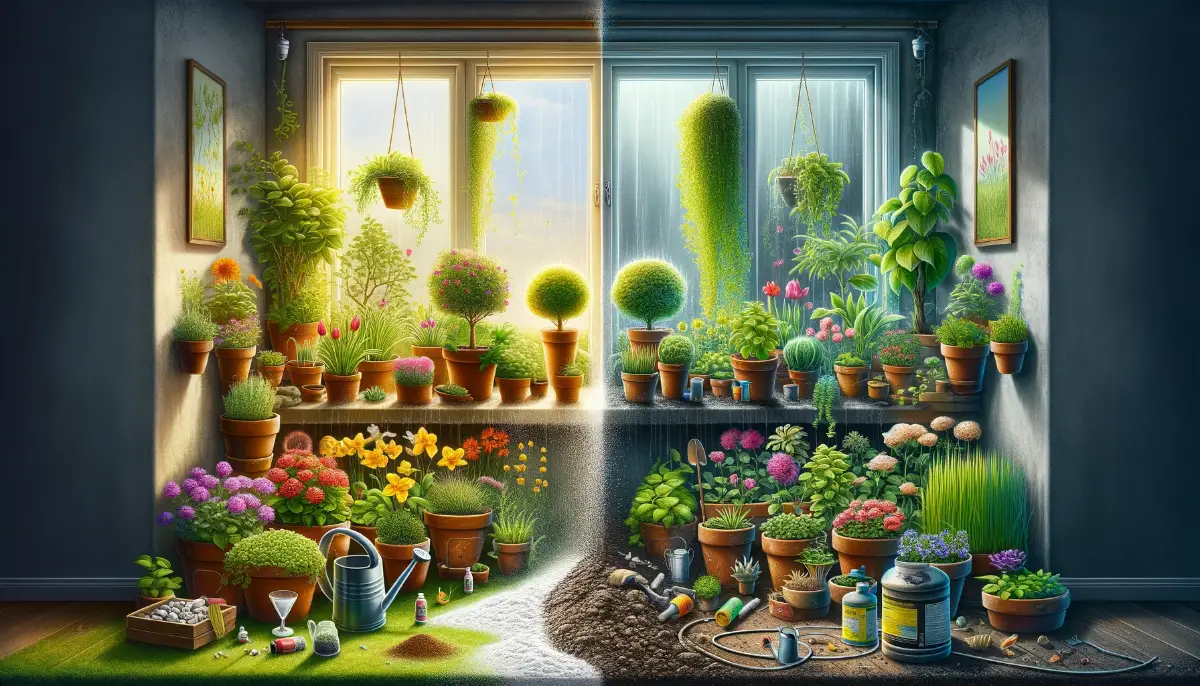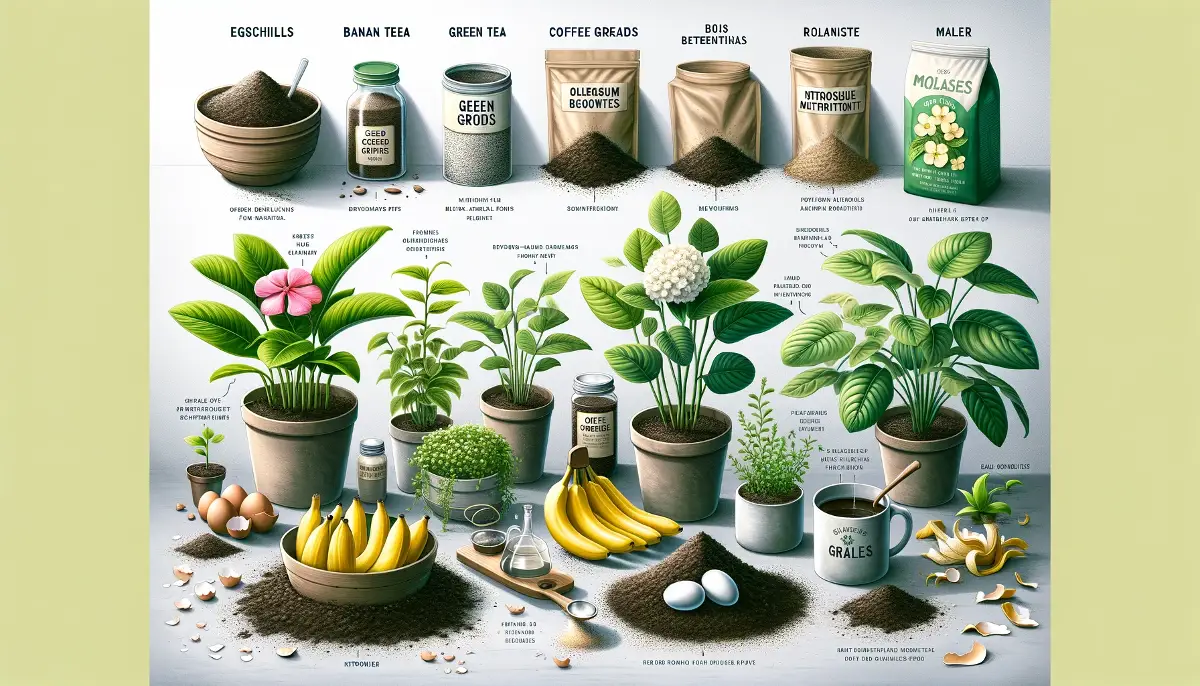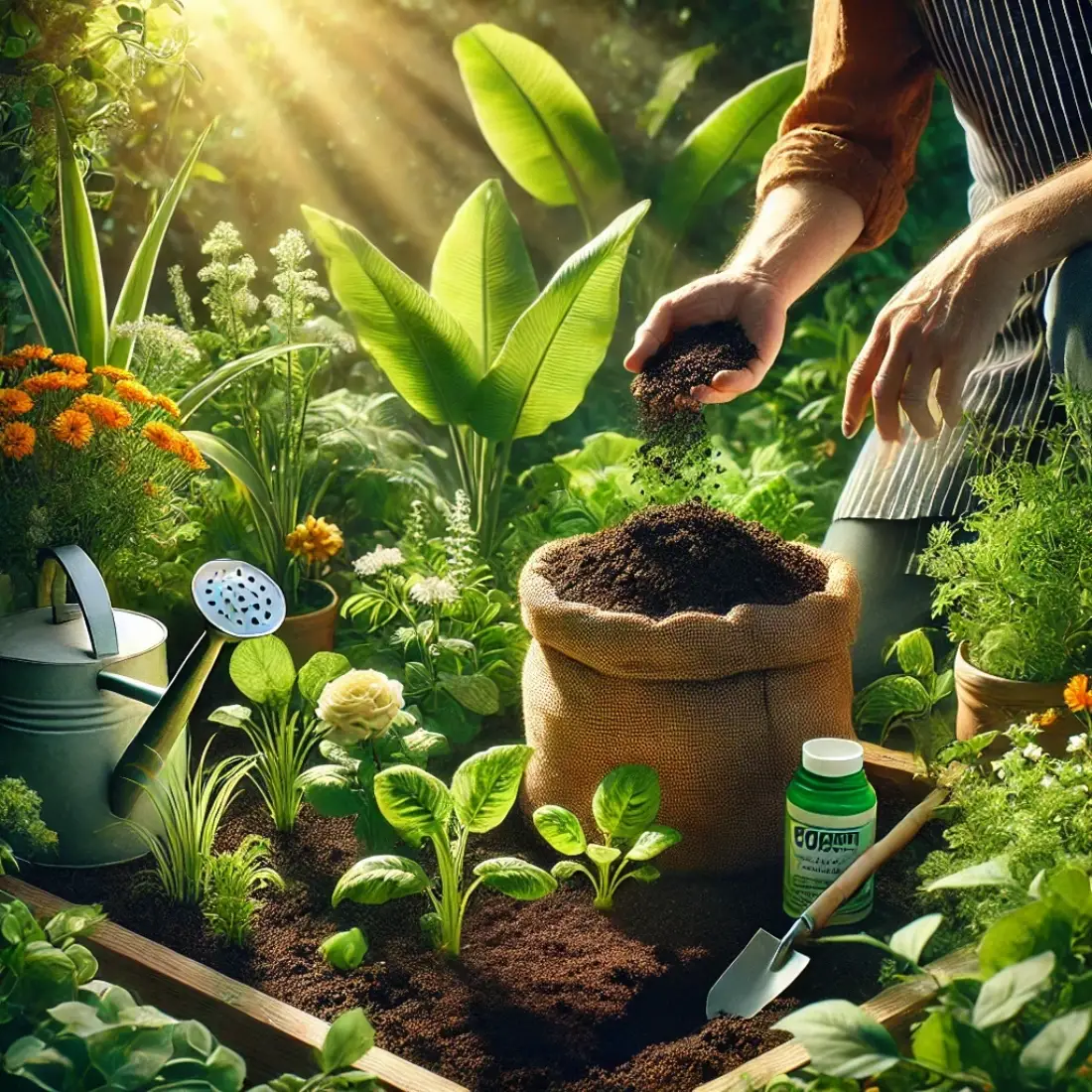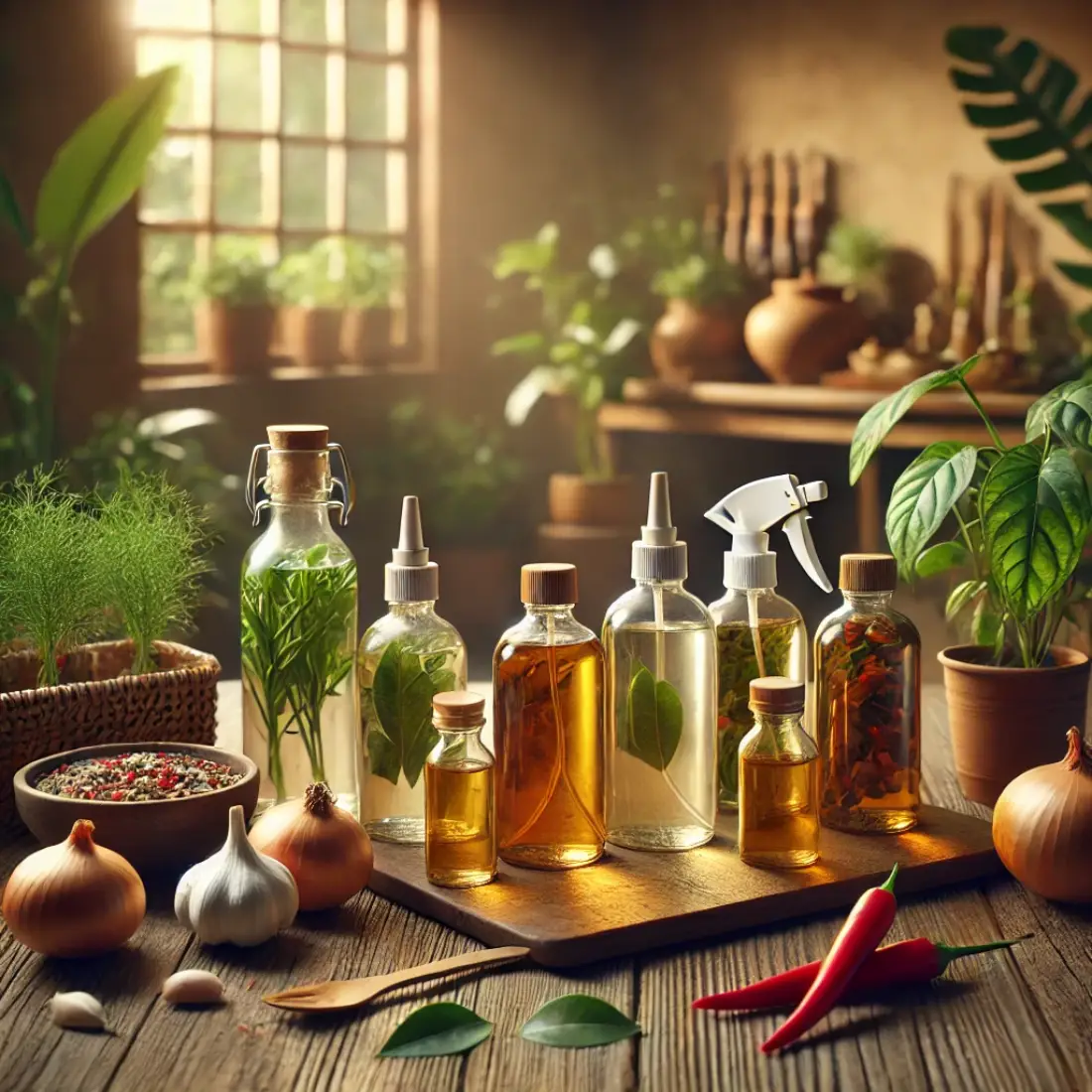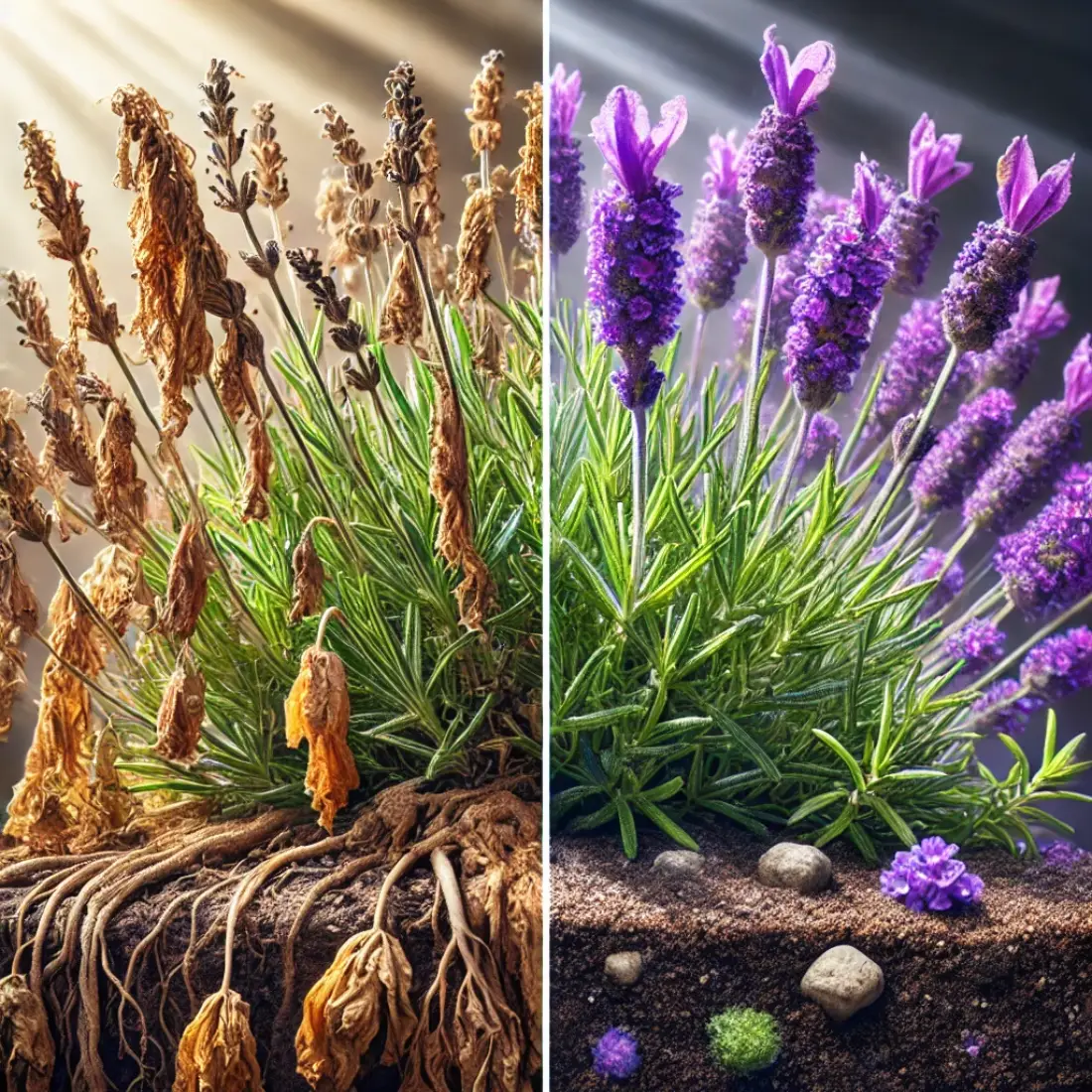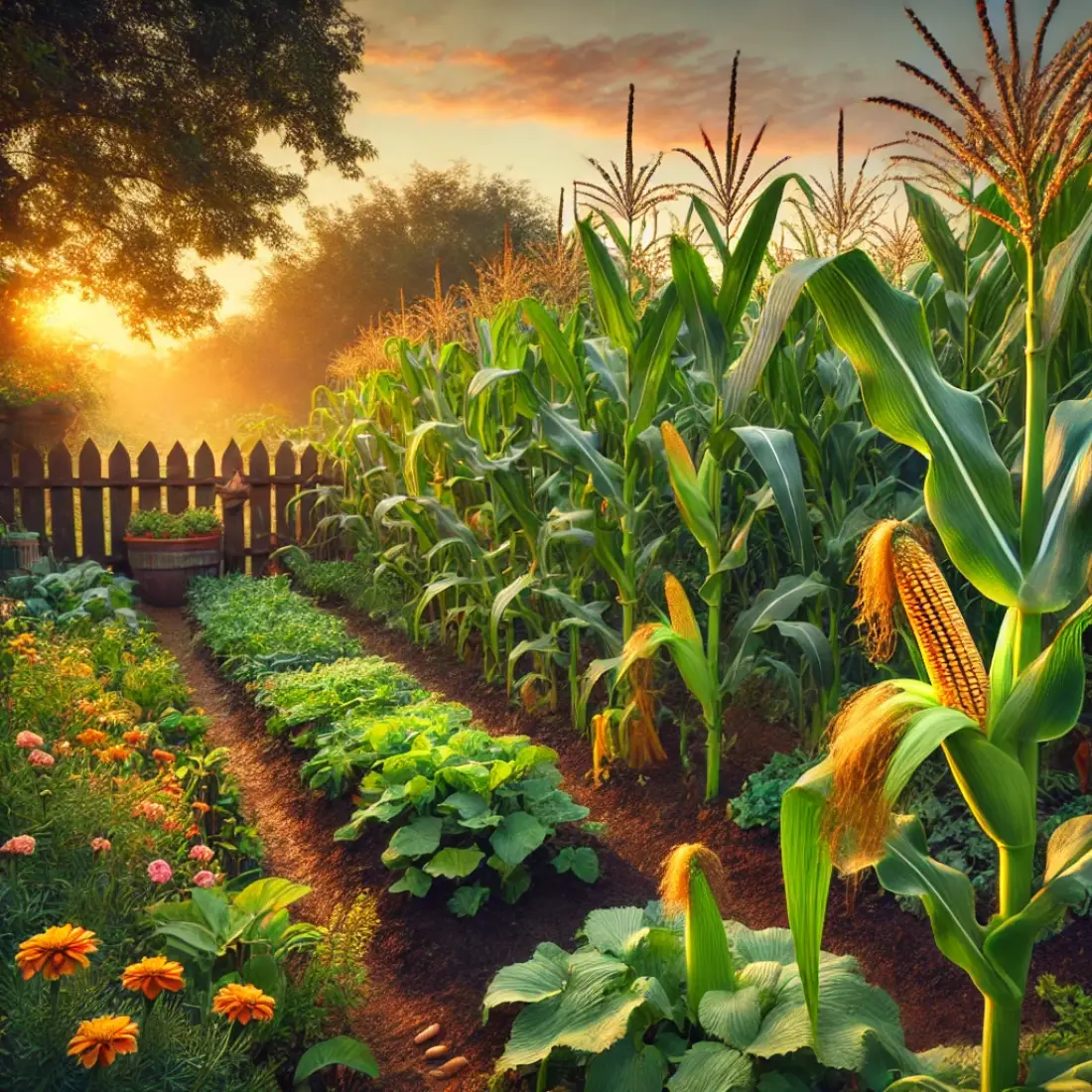Unlock the full potential of your indoor garden with our comprehensive guide to organic fertilization. Discover the best natural solutions for thriving plants.
Why Organic Fertilizers Matters: Organic fertilizers are pivotal for indoor plant health, offering a slow-release of nutrients, enhancing soil structure, and fostering beneficial microbial life.
Key Organic Fertilizers for Indoor Plants:
- Compost: A nutrient-rich powerhouse for all plant types.
- Worm Castings: Ideal for delicate seedlings and robust vegetables alike.
- Fish Emulsion: A nitrogen-rich boost for lush foliage.
- Liquid Seaweed: Promotes resilience and growth across all plants.
- Bone Meal: Encourages strong root development in flowering beauties.
Adding Organic Fertilizer to Indoor Plants
Fertilizing indoor plants is crucial for their health and vitality. Organic fertilizers not only supply essential nutrients but also improve soil health, supporting plant growth. Here’s how to do it right.
Understanding Organic Fertilizers
- Types of Organic Fertilizers: Examples include compost, worm castings, fish emulsion, liquid seaweed, and bone meal. Each type provides different nutrients.
- Benefits: Organic fertilizers release nutrients slowly, improve soil structure, and support beneficial microbial life.
Choosing the Right Organic Fertilizer
- For Leafy Plants: Use nitrogen-rich fertilizers like fish emulsion or compost.
- For Flowering Plants: Choose phosphorus-rich fertilizers like bone meal.
- For General Health: Worm castings and liquid seaweed are great all-purpose options.
Compost
- Nutrients Provided: Compost is rich in a wide range of nutrients, including nitrogen, phosphorus, and potassium (NPK), as well as microorganisms beneficial for soil health.
- Appropriate for: Virtually all plants benefit from compost. It’s especially good for vegetable gardens, flower beds, and potted plants as it improves soil structure, aeration, and water retention.
Worm Castings
- Nutrients Provided: Worm castings are rich in nitrogen, phosphorus, potassium, and micro-nutrients. They also contain enzymes and microorganisms that help break down nutrients for easier plant absorption.
- Appropriate for: Ideal for seedlings, houseplants, and vegetables. Worm castings are gentle and won’t burn plants, making them suitable for use in all stages of plant growth.
Fish Emulsion
- Nutrients Provided: This liquid fertilizer is high in nitrogen, with a good amount of phosphorus and potassium. It also contains trace elements beneficial for plant growth.
- Appropriate for: Leafy greens and plants that require a nitrogen boost to support foliage growth. It’s great for both indoor and outdoor plants, including vegetables and flowers.
Liquid Seaweed
- Nutrients Provided: While not high in NPK, liquid seaweed contains a wealth of trace minerals and growth hormones that encourage plant health and resistance to stress.
- Appropriate for: All plants, from flowers and vegetables to shrubs and trees. It’s particularly beneficial for plants under stress or those needing a boost in root development and overall vitality.
Bone Meal
- Nutrients Provided: Bone meal is high in phosphorus, with some nitrogen and calcium. It’s excellent for promoting strong root development and helping plants flower and fruit.
- Appropriate for: Flowering plants, bulbs, and fruiting vegetables. It’s especially recommended for roses and is also beneficial for root crops like carrots and onions.
Blood Meal
- Nutrients Provided: Primarily high in nitrogen, blood meal can rapidly green up leafy plants and help them grow quickly.
- Appropriate for: Nitrogen-loving plants, such as leafy vegetables (spinach, kale) and corn. It should be used sparingly, as too much nitrogen can inhibit flowering and fruiting.
Guano
- Nutrients Provided: Bat or bird guano can be high in nitrogen or phosphorus, depending on the source. It’s a potent fertilizer that also adds beneficial microbes to the soil.
- Appropriate for: Guano is versatile but best used for plants requiring a significant nutrient boost, such as corn or squash. Because it’s concentrated, it should be applied according to specific needs and sparingly.
Green Manure
- Nutrients Provided: Plants grown and then tilled into the soil, green manures provide nitrogen and organic matter, improving soil structure and fertility.
- Appropriate for: Great for preparing garden beds before planting vegetables or flowers. It’s a long-term soil improvement strategy rather than a direct plant feed.
Application Methods
- Solid Fertilizers: Gently mix into the soil or top-dress the surface.
- Liquid Fertilizers: Dilute according to instructions and water plants with the solution.
Applying Organic Fertilizer
Read Instructions: Always start by reading the product label for specific application rates and instructions.
Test the Soil (optional): Testing soil can guide your fertilization plan.
Water Thoroughly: Helps distribute nutrients evenly.
Application:
- For solid fertilizers, sprinkle a recommended amount on the soil surface. Incorporate lightly into the topsoil without disturbing roots.
- For liquid fertilizers, mix with water and apply directly to the soil.
Monitoring and Adjustments
Observe plant response over weeks, adjusting fertilization as needed based on growth and health. Establish a regular feeding schedule, adjusting based on plant needs and seasons.
FAQs on Organic fertilizer for potted plants
How often should I fertilize my indoor plants with organic fertilizer?
It depends on the fertilizer type and plant needs. Generally, solid fertilizers can be applied every 2-3 months, while liquid fertilizers might be applied more frequently, every 4-6 weeks.
Can I over-fertilize my plants with organic fertilizers?
Yes, even organic fertilizers can harm plants if used excessively. Follow the recommended rates and observe plant response.
Are organic fertilizers better than synthetic ones?
Organic fertilizers offer the benefit of improving soil health over time, releasing nutrients slowly, and being environmentally friendly. However, the best choice depends on your gardening goals and preferences.
Can I make my own organic fertilizer?
Yes, composting kitchen scraps and yard waste is a great way to produce your own organic fertilizer.
How do I know if my plant needs fertilizer?
Signs include slow growth, pale or yellowing leaves, and a lack of flowering or fruiting. However, symptoms can vary by nutrient deficiency.
Can I use outdoor organic fertilizer on indoor plants?
Yes, but it’s important to apply it more sparingly due to the limited soil volume and reduced evaporation indoors.
Do all indoor plants need fertilizer?
While all plants benefit from nutrients, some low-light, slow-growing plants require less frequent fertilization.
What’s the best time to fertilize indoor plants?
During the growing season (spring and summer) when plants are most active.
Can I use organic fertilizer on succulents?
Yes, but choose a low-nitrogen, water-soluble fertilizer and apply sparingly to avoid overwatering and nutrient burn.
How can I tell if I’ve over-fertilized my plant?
Symptoms include brown leaf tips, wilting, and salt buildup on the soil surface.

